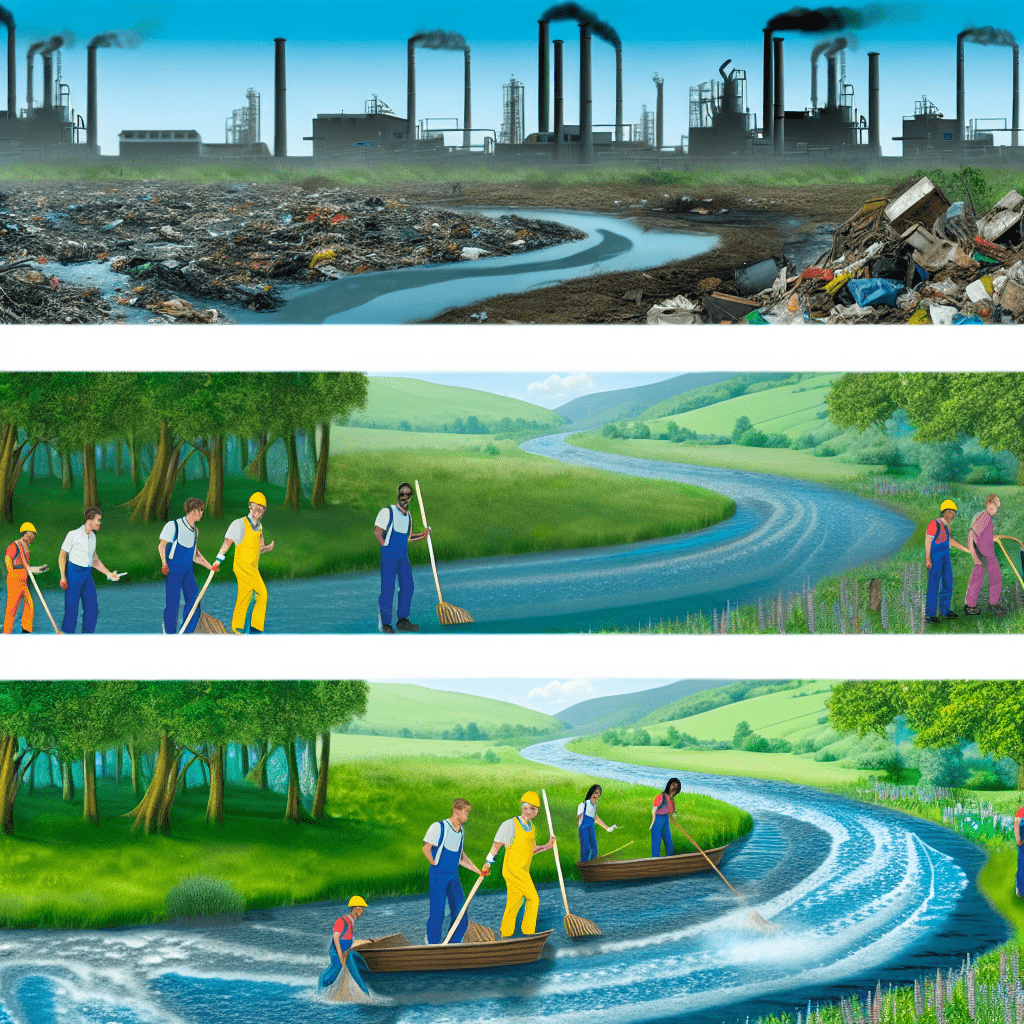”
Germany, a land punctuated by numerous rivers and lakes, faces serious water quality struggles. This article ventures into these complexities, their origins, and proposes potential paths towards more proficient, cleaner, and safer water resources.
Germany’s water quality challenges stem primarily from industrial contamination, agricultural runoff, improper wastewater treatment, and the escalating impacts of climate change.
Significant pollutants in Germany’s waters include heavy metals, toxic industrial byproducts, untreated sewage, and excess nutrients, giving rise to damaging algal blooms. These pollutants create substantial health risks, disrupt delicate aquatic ecosystems, and overburden the country’s water treatment facilities.
While the Federal Water Act and the German Wastewater Charges Act aim to govern water management, persistent water quality problems underscore the need for more sweeping, sustainable strategies.
Attending to Germany’s water quality issues requires implementing stricter regulations on polluters, considerable investment in modern wastewater treatment facilities, promoting sustainable farming practices, and developing climate-resilient water management strategies.
Additionally, the significance of public participation, education, and awareness cannot be overemphasized. National campaigns centred on water conservation, reducing pollution, and accentuating the importance of clean water can spark pivotal societal changes.
In conclusion, the quest for improved water quality in Germany may be demanding, but it is undeniably attainable. With reinforced policy enactment, technological advancements, and fostering public engagement, Germany can transition from contaminated runoffs to clear flowing streams.
By FountainGO!

